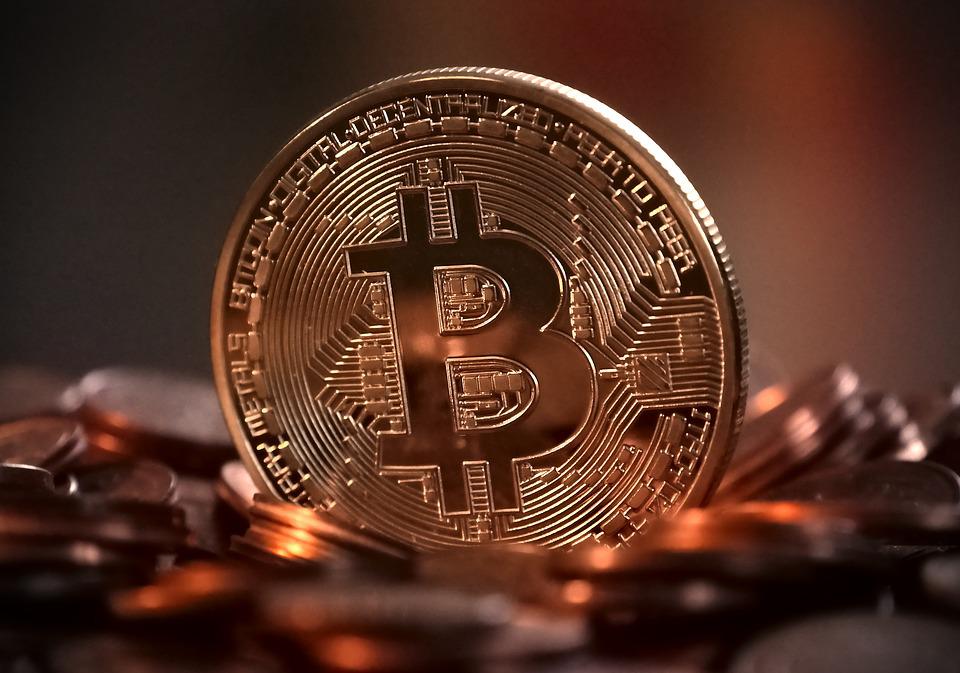Bitcoin has been around for less than a decade, but in that time, it’s managed to become one of the most talked-about and divisive topics in the world. Some people see it as a revolutionary new way of doing business, while others think it’s nothing more than a digital Ponzi scheme.
As with any new technology, there is a lot of misunderstanding and confusion around Bitcoin. This article will dispel some of the myths about Bitcoin and provide 5 mind-blowing facts that will change the way you see it.
1. Bitcoin is Deflationary
Bitcoin is a deflationary currency because its supply can never exceed 21 million bitcoins, whereas fiat currencies like the US dollar have no such limit. Theoretically, there will never be more than 21 million bitcoins in existence, and the creation of new bitcoins–or “mining”–has slowed down to about 3% per year over the last four years.
As bitcoin mining becomes increasingly difficult due to hardware limits and stricter competition from miners, this inflation rate will decrease with time until no new bitcoins are created. Bitcoin will always have a limited supply. Since we know that it exists only digitally, the idea of Bitcoin being “scarce” is more tangible than a more traditional currency like gold.
The fact that its supply is not predetermined but yet restricted creates the control over how much Bitcoin should be worth, making it deflationary.
Bitcoin is deflationary because it has a finite supply. This means that the money supply falls over time. However, on the other hand, bitcoin can be seen as inflationary if we consider how its price can fall in contrast to other currencies.
2. Bitcoin is Anonymous
Bitcoin is an online currency backed by encryption. It was created in 2009 and is a decentralised currency. It does not require any banking institution to store its transaction records but instead relies on individual computers. It also has no physical manifestation like old currencies used to have.
Bitcoin’s anonymity is one of the main reasons for its popularity. If it is not exchanged for any other currency, it can be used to purchase illicit goods or services on the dark web without being traced back to the original owner of the bitcoins.
However, because bitcoin transactions are recorded in a public blockchain accessible by anyone with internet access, buyers and sellers may not remain anonymous forever.
3. Bitcoin is Global
Bitcoin creates a bridge between people – no matter their home country. Bitcoin is making global trade more accessible, quicker, and cheaper.
For example, it is often inconvenient to send money to your family through traditional banks of remitters when you travel abroad because the transaction might take days to complete or charge significant transaction fees. This means that people from developing countries have difficulties with cross-border transfers and are often excluded from foreign investment opportunities, competing in the global economy.
Bitcoin solves this issue by being convenient and inexpensive, especially for international transfers: the bitcoin price does not depend on volume or location; it’s only about demand, so there are fewer “mining costs” when transferring payments.
Bitcoin is spreading globally: You can either use bitcoin or cash to buy bitcoins, which you can then convert into fiat currencies. Bitcoin’s popularity is due to its pseudonymous, decentralised, peer-to-peer (P2P) nature. Moreover, bitcoin has a promising future in the global market. The first step for using Bitcoin to invest is to purchase Bitcoin. There are many ways to buy Bitcoin, including through bots like Bitcoin Code, the automated trading software that trades bitcoin on behalf of the user.
4. Bitcoin is Impossible to Hack
Bitcoin is already the best form of digital currency in the world. It has never been hacked. The question is, what could happen if Bitcoin is hacked?
The reality is that Bitcoin is not going to be hacked anytime soon. Even though it might be possible on the more minor scales, hacking an entire network will be almost impossible. Bitcoin has been designed with some of the most cutting-edge technology and mathematics, making it impossible for hackers to steal or tamper with any records without creating a huge footprint that experts can easily trace.
The only way for a hacker to steal someone’s bitcoins would be if they were able to breach onto their computer and get access to their private keys, which can’t even happen if you are using offline wallets or hardware wallets. Moreover, Bitcoin transactions cannot be reversed or faked.
This bitcoin security has been designed to assume that an attacker will not have more than 50% of all available hashing power in the network, leaving a one-in-a-million chance of modifying any given transaction.
The owner of Bitcoins transfers ownership using keys generated on their computer, which are independent of any other physical form of money or identification you may use.
5. You Can Use Bitcoin to Buy Things Online Or In-Person
Bitcoin is a popular digital currency to buy things online or in person.
You can get bitcoin by accepting it as a payment for goods or services, buying it from a friend, participating in the Bitcoin network as a miner, etc. Bitcoin is decentralised and allows people to trade with each other without transaction fees.
The coins are created by computers solving complicated maths problems, and they are allocated based on who was the first to solve the problem. Every four years, half of all bitcoins that will ever exist will be made available to miners and new bitcoin businesses looking to expand the Bitcoin ecosystem.
Conclusion:
Bitcoin is a cryptocurrency and worldwide payment system. It is the first decentralised digital currency, as the system works without a central bank or single administrator. It can be bought by mining or in exchange for products, services, or other currencies. Although Bitcoin has been a subject of scrutiny due to its use in illegal transactions and high electricity consumption, its scope can’t be denied.
